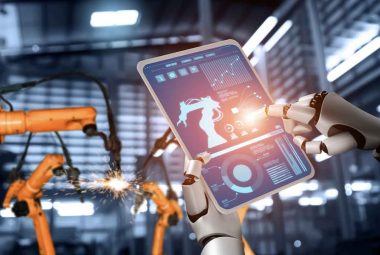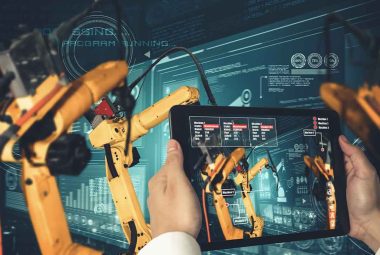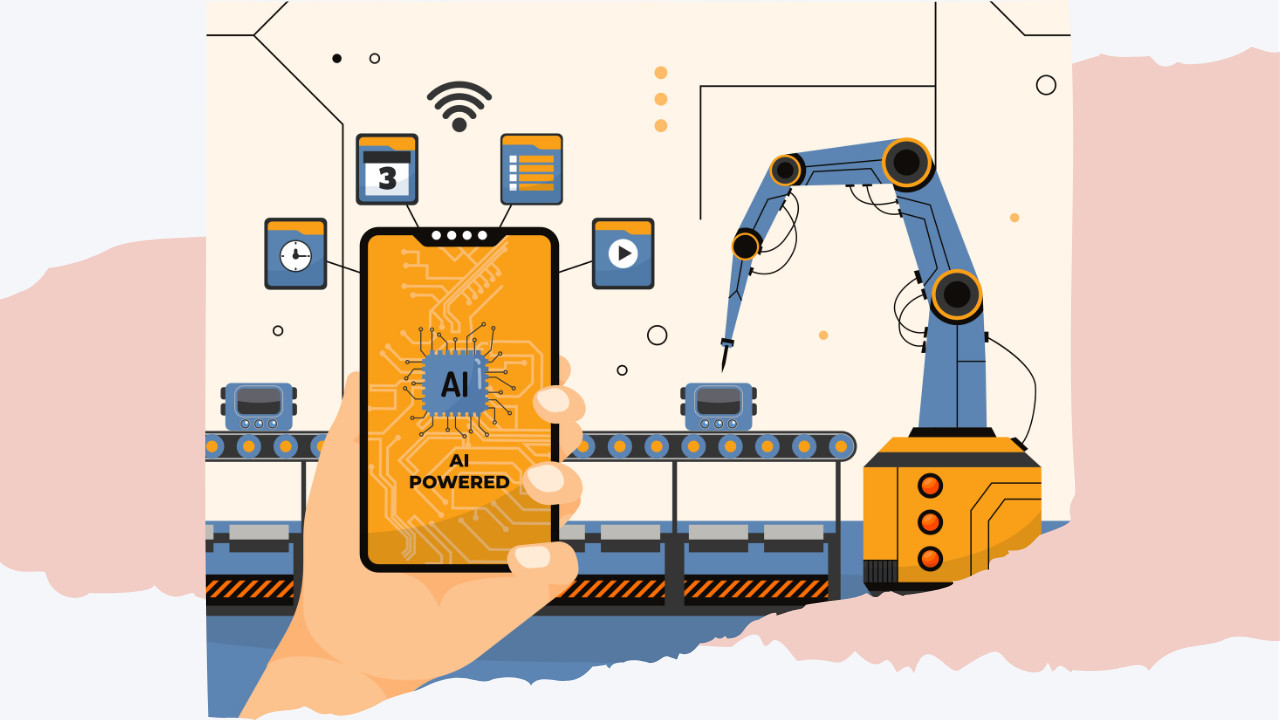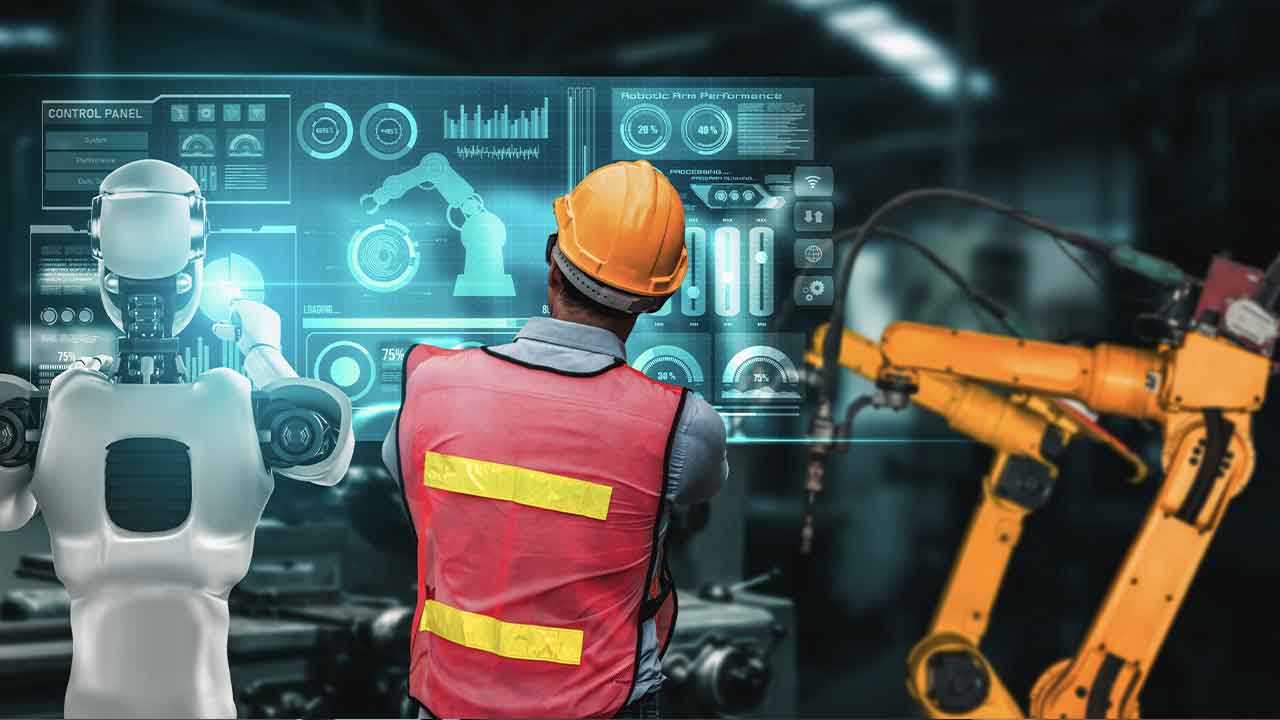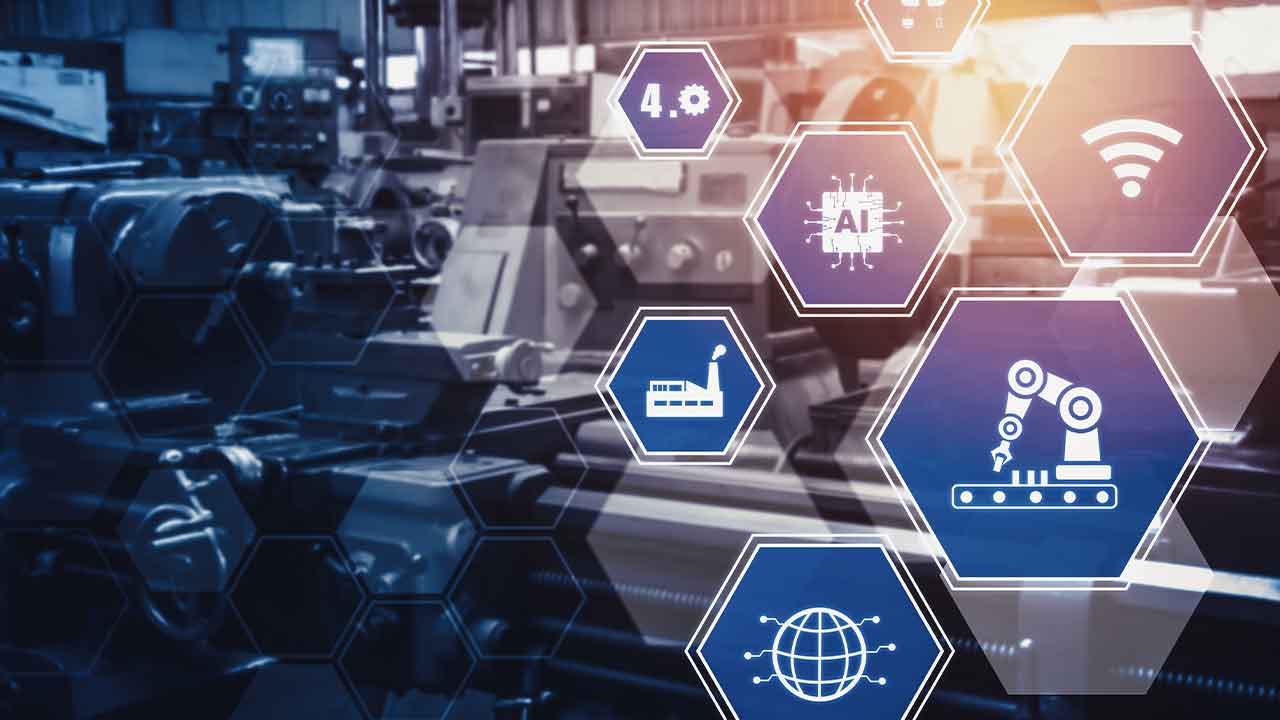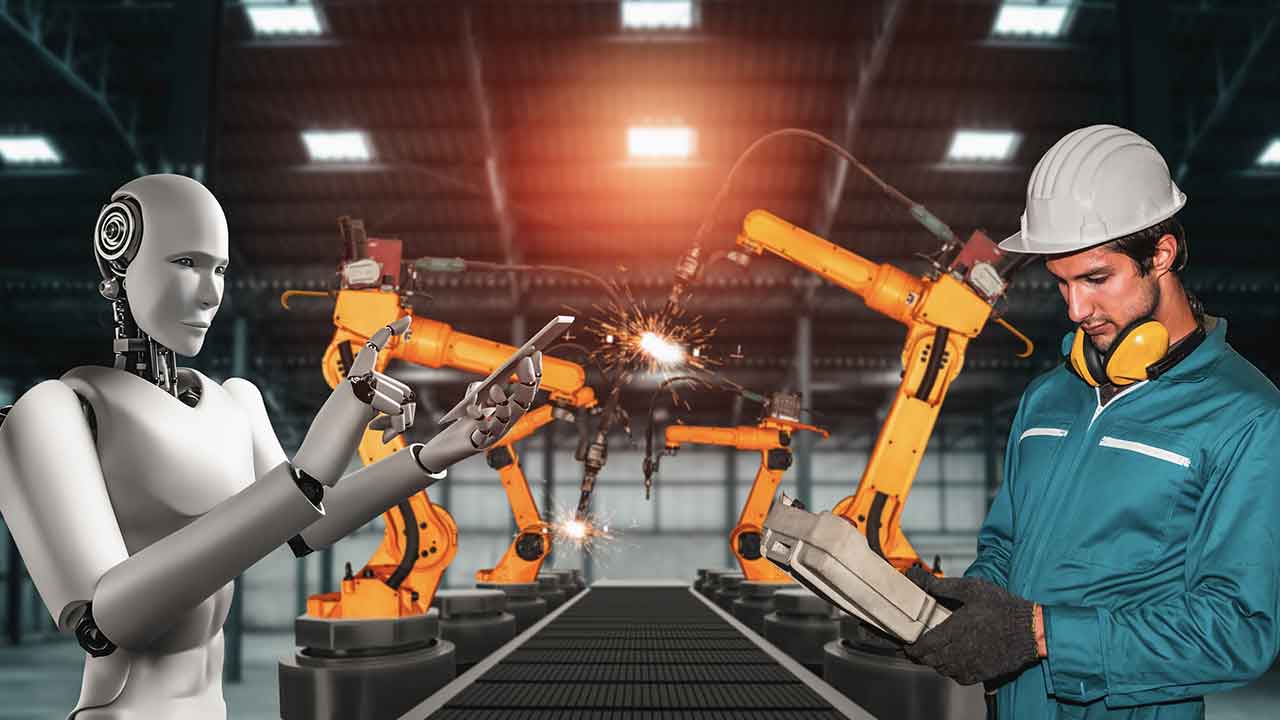The Emergence of Agentic AI: A New Chapter in Artificial Intelligence
As artificial intelligence continues to advance, a new approach called agentic AI is taking shape. This shift enables AI models to operate autonomously to achieve specific goals without constant human oversight. Importantly, agentic AI is likely to automate a wide range
Securing AI at the Edge: Why Trusted Model Updates Are the Next Big Challenge
Recently, customers and partners have been telling us time and again: “I am worried about my expert knowledge being stolen.”, or “My customers expect us to keep their IP safe when we deploy AI agents into operational processes at the
[New booklet] How IIoT and AI Are Driving Smarter Operational Investments
In today’s rapidly evolving industrial landscape, staying competitive means being smart with your operations — and smarter with your investments. Leading organizations are turning to the Industrial Internet of Things (IIoT) and Artificial Intelligence (AI) to optimize processes, cut costs, and boost ROI. This new
How AI and Automation are Reshaping the Global Supply Chain
At ProMat 2025, Ananta Islam, CEO and Region President, Americas, at Körber Supply Chain shared insights on the rapid transformation of supply chain driven by artificial intelligence and automation. As businesses adopt Industry 4.0 technologies, supply chain become more efficient, resilient,
Nanoprecise at Hannover Messe 2025: AI-Driven Maintenance for Maximum Energy Efficiency
At Hannover Messe 2025, Nanoprecise Sci Corp is redefining industrial maintenance with AI-powered, energy-centered predictive maintenance (ECM). As industries race toward Net Zero goals, Nanoprecse’s game-changing solution delivers measurable ROI by slashing energy waste, maintenance costs, and unplanned downtime -
IIoT World Days 2025: What’s Next in IIoT, AI & Cybersecurity?
As industries continue to embrace digital transformation, the IIoT World Days 2025 series will bring together global leaders, innovators, and experts to explore the latest advancements in Industrial IoT (IIoT), AI, Machine Learning (ML), cybersecurity, and smart manufacturing. These virtual events are designed to
AI Copilots: Transforming Manufacturing with Intelligent Assistance
The manufacturing industry is undergoing a technological revolution, with Artificial Intelligence (AI) copilots leading the charge. AI copilots are intelligent assistants designed to work alongside human operators, enhancing efficiency, quality control, and process optimization in manufacturing environments. As industries strive for greater productivity and fewer errors, AI copilots
Practicing Responsible AI in Healthcare
Healthcare Industry and the Need for Responsible AI The healthcare industry has always been under scrutiny, due to the magnitude of responsibility it holds, as health is one of the most significant pillars of any nation from a geopolitical standpoint as
AI, Open Systems, and Automation: The Keys to Sustainable, Autonomous Manufacturing
Industrial operations are at a pivotal moment, where sustainability, autonomy, and efficiency are no longer optional but essential. Schneider Electric leads this transformation through software-defined automation, AI-driven solutions, and open systems. Andre Babineau explains how these technologies reshape manufacturing, making operations more flexible,

